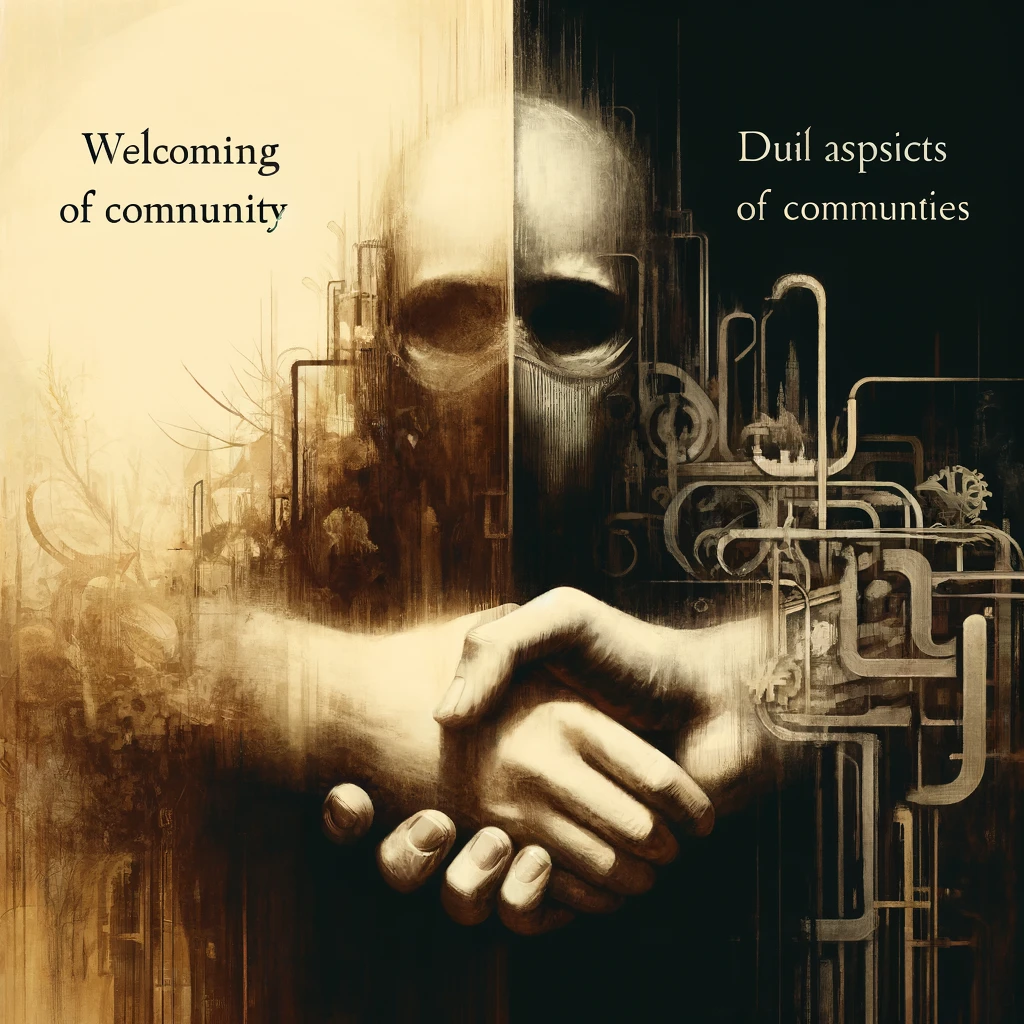Your cart is currently empty!

Understanding the Role of Support when Living with a Chronic and Persistent Mental Health Disorder
Whatever the stressor, life’s negative turns can be due to the impact of mental health symptoms or just tragic extraneous circumstances.


As I continue to mature and age along with my schizophrenia diagnosis, I think about how the passage of time impacts prognosis-and-simultaneously on the successful symptom management of a chronic patient.
On a personal level, I cannot help but wonder how I got ‘here’. So, how did I get here? I was utterly disordered and unable to care for myself ten years ago…
A big player in my recovery was getting on the right medication. Another, receiving quality psychotherapy. These, combined with my strength, will power, and most importantly, support from my close family, friends, and peers.
To this day, I believe I would not have made it this far so quickly without these critical pieces to my recovery. I have been so privileged. Without the help of my parents, family, and friends, my clinical picture would look radically different today. If these natural supports had never been available in my life, who knows where I might have landed?
Without these critical lasting supports, my mother, father, and prolonged standing friends before my illness are the building blocks of my recovery. My parent’s ongoing belief in my willingness and capacity for recovery, grit, and ability to carry on is acceptance of healing in its most radical form.
I truly believe my success in the face of a mental health disorder in support and accessibility of friends and family. Right down to the generosity of our supporters with their time and energy. The very presence and helping hands are genuinely the fulcra that have launched me higher into the upper limits of healing.
Indeed, higher than if I was doing this on my own and independently. The mental health systems emphasizes the importance of living a full and independent life when carrying a mental health disorder. Even when that disorder is chronic and longstanding…
However, the missing element to theories around lasting independence and goal-directed philosophies ignore how to incorporate active support in our lives. My parents have traveled with me across the globe for my mental health needs. They have also conversely cleaned my bedding when I was so disordered I soiled the sheets due to catatonia and muscle stiffness without my parent’s ongoing support.
My newfound independence would sit on a swamp of uncertainty, trepidation, and fear of failure. Doing it all, and being so vulnerable.
The risk of relapse when we are not in the company of those who can intervene is HUGE. When we cannot see ourselves and how disordered our realities can become, isolation can be a catalyst for self- destruction.
When managing my schizophrenia symptoms improved years ago, and I was able to travel again, my parents never shamed me over the limitations I faced due to akathisia.
So, when it came to acclimating to certain medications, I was either too tired or too restless to sit down for extended periods in the early days. When my family and I traveled to Europe a year after my initial break-in in Italy, I could only savor pasta and pizza in short microdoses before I would have to get up and walk around.
At least I was out there, though, trying to make it all work. I was getting encouragement from both parents and friends that did not understand my restrictions as permanent, self-imposed, or limiting.
With few exceptions, my supports have only cheered me in my recovery further. Sure, there are times when I mess up.
This ‘messing up’ may have been rooted in poor insight into my behavior or lousy decision making. Despite all this, my collateral supports continued to guide me along.
My parent’s stern recommendations altered my life course without causing more harm than good. Listen, this can be a tricky thing without guideposts and social markers out there informing our decisions and providing us with extra additional insight when our internal barometers are naturally off-kilter.
A person with a severe mental health diagnosis having a support system is critical to producing a favorable prognosis. I cannot stress this enough, that support systems are crucial when you have a longstanding mental health condition. The reasons are both clear as day and subtle.
Stated, when there are people, friends, family, or relatives available in a person’s life, the synergy of their influence and very presence is a protective factor.
Protective factors are positive contributors to a person’s safety. These contributors are crucial for people with a disorder when the “chips are down,” or life takes another unfortunate turn. When social security payments are late, income is short, or even if the bus runs late, and it’s challenging to get to work on time.
Whatever the stressor, life’s negative turns can be due to the impact of mental health symptoms or just tragic extraneous circumstances. Either way, when support is available, these tragic turns can be reduced or avoided altogether.
As the chronicity or level of intrusion of the mental health symptom or disease process increases, so is the importance of having a robust and secure support system. Natural/organic contacts (i.e., friends and family) are the most vital if they are utilized and accessed by the person carrying a diagnosis savvily.
Let me put all this into more concrete, real-life terms. So, think of a person with an acute or short-lived active mental health symptom. Since the period’s acute symptoms are active is less than a chronic disorder, the likelihood of chaos or unplanned circumstances is also less with conditions that espouse short-lived symptoms.
However, when a person has a chronic disorder, e.g., schizophrenia or most bipolar/affective spectrum disorders. The expanse of time is so much longer, so things are bound to go unplanned, wrong, or just mismanaged in terms of the condition and its impact on people’s lives over time.
Again, to be more specific, if a person with schizophrenia is diagnosed at age 21, by his or her mid-thirties, so much time has elapsed that the person with a chronic disorder becomes more vulnerable just by having the condition longer.
Now, suppose a person has a chronic disorder and continues to flare up every so often throughout a lifetime. In that case, the sheer likelihood these episodic symptoms interfere negatively in the person’s life must also be higher or more significant.
Fractions, numbers, and reductive logic make simple inferences of a person’s ability more concrete. There is another caveat to all this.
No disorder is the same.
Sure, symptoms carry certain features that can be identified, grouped, and marked, but their impact on the lives of people with a disorder is usually different.
Depending on the person’s resilience, life circumstances, amount of protective factors in place, and self-awareness (the list goes on and on with insight, judgment), and other cognition areas, which complicate how a person can best measure support systems in real terms. Support is a challenging aspect of treatment to measure given the impact of symptoms. People’s behavior is so radically different given the support system’s nature and its function in recovery. Ultimately, access and understanding how to utilize support go far when it comes to health.
When we think about healing and long term wellness in the span of a lifetime of chronic symptoms, get some support to experience lasting progress into the future.














Leave a Reply